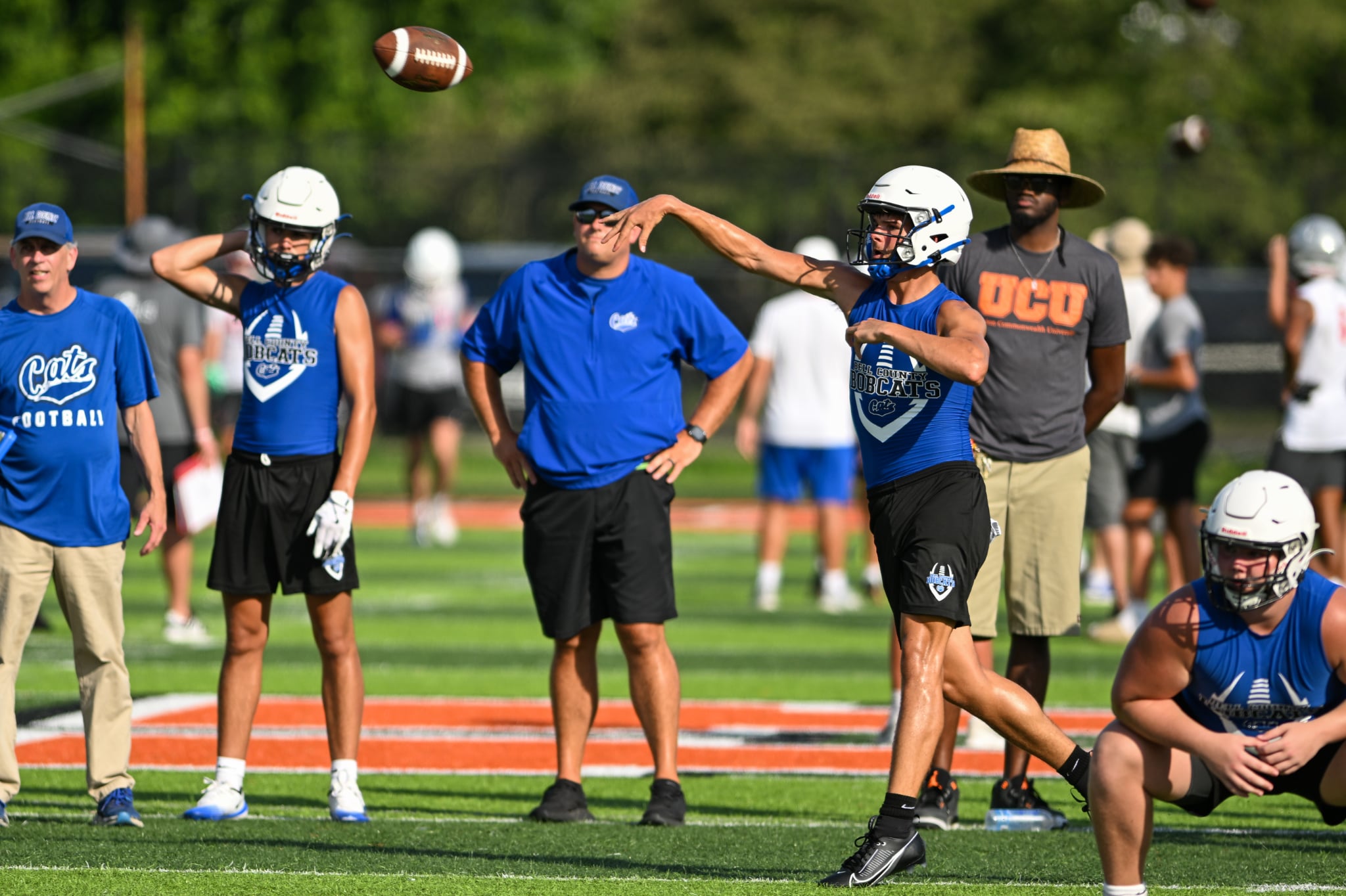To Vaccinate or not to Vaccinate
Published 11:20 am Thursday, April 17, 2025

- Ronald S. Dubin, M.D
By Dr. Ronald S. Dubin
Guest Columnist
During the past several months, measles, an ancient disease (or so it seems) has risen from the dead and now causing hundreds of Americans to be infected with this. As of April 3, 607 confirmed cases have been reported by the CDC. And of these numbers, 97 percent of cases were in people either not vaccinated or who did not know their vaccination history.
It is widely accepted that measles vaccination is very effective in all age groups. Even the HHS Secretary has affirmed its efficacy and that the vaccination is NOT related to autism, a widely unsubstantiated fear of many people. Normally, patients get vaccinated with the MMR vaccine (mumps, measles and rubella) at the ages of 15 months and another around five years old. This normally confers lifelong immunity against these diseases However, the effectiveness of the two-dose vaccination depends on when and what vaccine a person had, this will make a difference on the vaccines’ ability to protect them from measles.
Us older folks probably had vaccinations before the year 1971 when a more improved vaccine was developed and therefore gives better protection. And now the problem of recollection of your vaccinations occurs. You undoubtedly don’t remember any of your vaccination history as a child other than crying when you got the shot and then smiling when you received the sucker or candy bar. And your parents are probably not with you anymore nor are the personal health care records about you.
If you’re older than 59 or were vaccinated before 1968, you probably received the less effective vaccine. If you are uncertain about your records or your immunity status, you can get a blood test for the measles antibody called an Immunoglobulin G (IgG) test. So what do you do if you test negative for this IgG and you have no immunity to measles?
This depends on your risk factors, which include working in the healthcare industry, working in college settings, regularly travelling internationally, or people with health risks whose doctor feels they should not receive the live virus (MMR). Also those immunosuppressed should seriously consider their options.
Overall, it is generally accepted that the MMR vaccine is safe for most people whether you received the vaccine as a child or not. Measles is a very contagious disease, spreads rapidly, and can cause significant problems in people over 20 including cerebral edema (swelling of the brain) and pneumonia. Whatever you do, please discuss this with your family physician.






